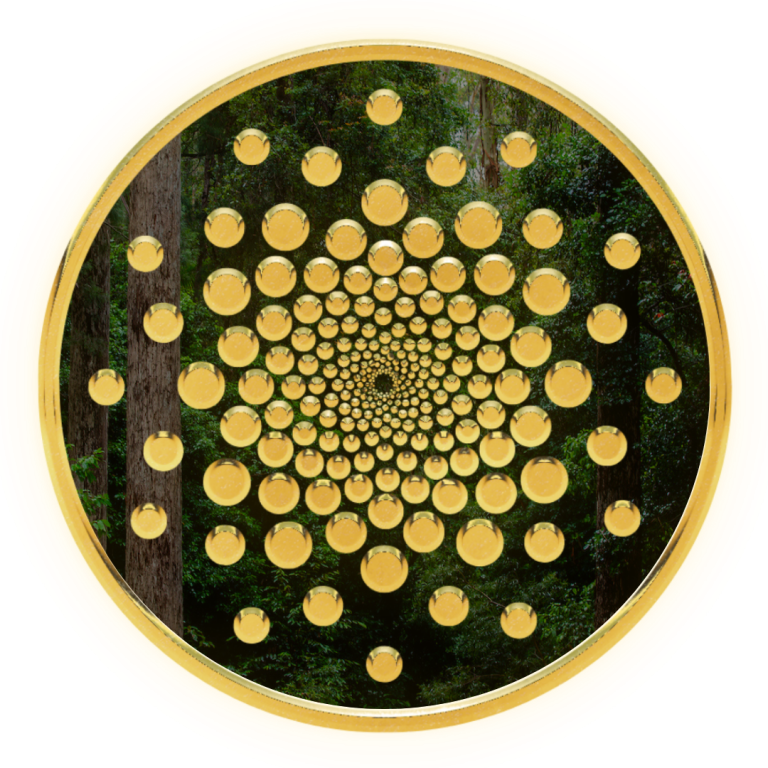Mid Year Review + 15 Lessons Learned so far in 2020
15 Lessons Learned so far in 2020
1. I’ve learned that the goal of our study of philosophy is not to live in the way that they taught, but to think in the way that they thought. Anyone can follow a 10-step program, but the real value of study is to learn how to think. If you can think like Seneca, or Marcus Aurelius, or Epictetus, or Epicurus, or Crates, or Socrates, or Plato, then you can lay that thought over the world we live in today, and you can make decisions not through some ancient authority, but through your own reason.
2. Stop, sit, listen, look, pay attention to where you are, who you are, what you are. We have so much information at our fingertips, but how often do you take the time to simply sit with yourself? Sometimes we have to stop filling our mind with new content so that we can let what we’ve previously learned settle. Even books can hold you back from seeing information that would be most valuable to you.
3. Be cautious of the things that take your attention. Your attention, your time, your thoughts, they are precious and far more valuable than any other commodity, yet all to often we treat them as if they harbour the lowest of value.
4. Listen to how you feel when you feel. Don’t be afraid to let go when listening to your favourite song, as long as you know how you feel and why you feel it. Don’t shy away from being drawn in by an advertisement, as long as you know why you’re being drawn in and how it makes you feel. Scroll Twitter if you like, as long as you pay attention to how that makes you feel. It’s not externals which deceive us, but it’s our own unwillingness to care about where we are and how we feel which gets in the way of personal progress.
5. Remember that we live in a world where some of our best and smartest people spend all of their time learning how you think, what you think, and why you think, so that they can use that information to create problems for you and then to solve those problems with products and services, or with catchy headlines and contentious content. Be cautious of these modern magicians and the spells they cast on your mind.
6. Use Epictetus’ formula for successful personal change – self scrutiny mixed with self kindness. Too much scrutiny, you’ll never be at peace. Too much kindness, you’ll never move forward. Forgive yourself from time to time, and allow yourself the space to make small but powerful improvements in your character.
7. Character development is difficult, but you’re stronger than it is hard.
8. Please don’t choose teams. Learn to be a lover of good ideas, not a lover of tribes. Love good thoughts and good actions, not good campaign slogans. Make sure that what you do is the product of your own conclusions, not the conclusions of your team.
9. Tend to the part of the garden that you can touch. There’s so much to fix, and there are so many people to save. Start by saving yourself, then your family, then your community, and then maybe once you’ve done that you can start to think about saving your country. Let the constant question be on your mind, what is my duty? To whom am I indebted? What can I fix? How can I help?
10. Know that you don’t have to do, be, or say anything. That’s the beauty of life – you get to make that part up. If you ever feel that you’ve been bogged down in other people’s wants, other people’s desires, and other people’s plans for your life then join the club. That’s how the story’s written. But remember death, and remember that there’s no time better to free yourself than now. You won’t become free immediately, but maybe you can unshackle yourself one chain at a time.
11. Simple acts of kindness go a long way. Never underestimate the power of a smile, a shared moment, a generous act, or as Marcus Aurelius suggests, intuitive friendship. The simplest of changes render the largest of changes in the long run, so start there.
12. If you decide that everything and everyone could teach you something, then you always learn.
13. Complexity is beautiful to those who think complexly.
14. Don’t disguise your inaction or personal solitude as a well developed moral character that is simply too far beyond the trappings of the world. That doesn’t make your character better. That just makes you a coward.
15. Trust yourself. We too often get bogged down in 10 step guides and the latest information on how to optimise every area of our lives, but here’s the thing: you know you better than anyone else. You know your challenges better than anyone else. You know your strengths better than anyone else. You also know your solutions better than anyone else, but we live in a society where we’re so obsessed with solving other people’s problems, and having other people solve ours. Listen to yourself, and listen with a genuine intent to hear solutions, and tell me that you don’t hear an undernourished voice which yearns to guide you down a meaningful path. Its advice may seem daunting, but as you listen, it gets louder and clearer.
[podcast_subscribe id=”37725″]
